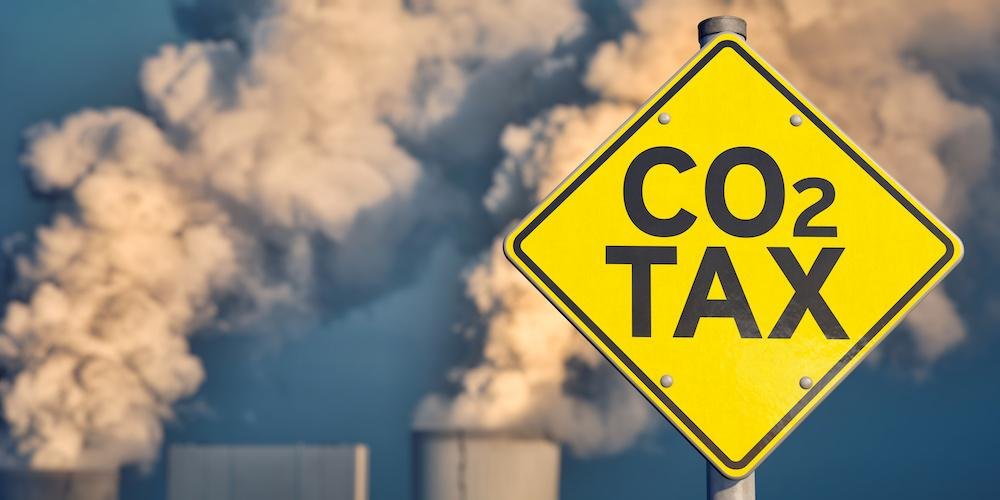A recent study by the Asian Development Bank (ADB) analyzes the potential effects of the European Union’s Carbon Border Adjustment Mechanism, set to commence in 2026.
A recent study by the Asian Development Bank (ADB) analyzes the potential effects of the European Union’s (EU) Carbon Border Adjustment Mechanism (CBAM), set to commence in 2026.
The CBAM aims to levy import charges on carbon-intensive products like steel, cement, and electricity to mitigate “carbon leakage,” where production shifts to regions with laxer regulations. However, the study indicates that while CBAM may marginally reduce global carbon emissions by less than 0.2%, its impact on curtailing climate change remains limited.
The research suggests that CBAM could decrease global exports to the EU by approximately 0.4%, with a more pronounced effect on Asia’s exports to the EU, potentially reducing them by around 1.1%. Moreover, certain manufacturers within the EU may experience negative output effects.
ADB’s Chief Economist, Albert Park, emphasizes the necessity for broader carbon pricing initiatives beyond the EU, particularly in Asia, to achieve substantial global emissions reductions and ensure the effectiveness and sustainability of climate efforts. Regions like Central and West Asia, which heavily rely on carbon-intensive exports to Europe, could face more significant adverse impacts from CBAM and the EU’s emissions trading system.
To address the rising carbon emissions associated with international trade and global value chains, the report recommends targeted policies promoting climate-friendly trade, facilitating technology transfer, and enhancing green infrastructure investments. Additionally, it calls for global collaboration to establish universally accepted accounting frameworks for tracking emissions embedded in products and services.
Despite concerns about global fragmentation, the report highlights the resilience of global value chains in Asia following the COVID-19 pandemic. While regionalization has advanced, there is no clear trend indicating a shift towards “reshoring” either in Asia or globally.
In its pursuit of a prosperous, inclusive, and sustainable Asia-Pacific, ADB remains committed to eradicating extreme poverty while promoting environmentally conscious development. Established in 1966 and comprising 68 members, with 49 from the region, ADB continues to prioritize initiatives that foster economic growth alongside environmental sustainability.
